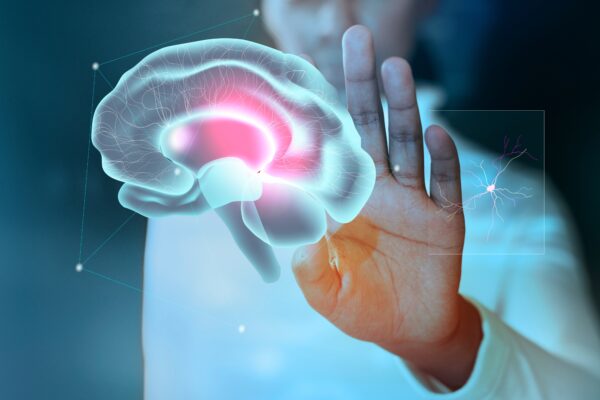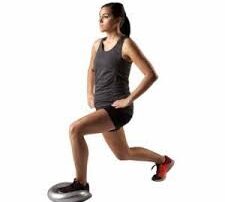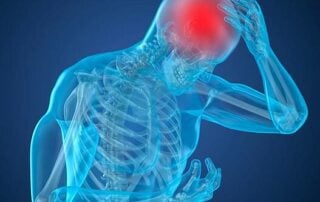
March is Brain Injury Awareness Month—a time dedicated to raising understanding and providing support for individuals affected by brain injuries. Each year, 2.8 million Americans experience traumatic brain injuries (TBI). These injuries can disrupt lives, affecting a person’s physical abilities, cognitive function, and emotional well-being.
Thankfully, recovering from a brain injury doesn’t have to always be a lifelong struggle. Physical therapy plays a vital role in helping patients regain independence and improve their quality of life. This blog will explore how physical therapy can aid recovery and why it’s such an essential part of the healing process.
What is Brain Injury Awareness Month?
Brain Injury Awareness Month, observed every March, is an initiative led by organizations like the Brain Injury Association of America (BIAA). The campaign’s goal is to educate the public on brain injuries, reduce the stigma often associated with them, and highlight the importance of support and treatment.
The 2024 campaign theme, “More Than My Brain Injury,” emphasizes the individual’s identity outside of their injury, inspiring a more compassionate and inclusive attitude toward survivors.
Understanding Brain Injuries
Types of Brain Injuries
Brain injuries can vary widely, ranging from mild concussions to severe TBIs. They are commonly categorized as:
- Traumatic Brain Injury (TBI): Results from an external force or trauma, such as falls, car accidents, or sports injuries. TBI accounts for approximately 87% of brain injury cases.
- Acquired Brain Injury (ABI): Caused by internal factors, such as strokes, infections, or oxygen deprivation, rather than external trauma.
Symptoms of Brain Injuries
Symptoms can differ depending on the severity and type of injury but often include:
- Cognitive issues, such as problems with memory, attention, or decision-making.
- Difficulty with physical coordination, balance, or mobility.
- Mood changes, irritability, depression, or anxiety.
- Dizziness, headaches, or persistent fatigue.
Recognizing these symptoms early can make a significant difference in recovery.
The Role of Physical Therapy in Brain Injury Recovery
Physical therapy is a front-line treatment for individuals recovering from brain injuries. Whether the injury is traumatic or acquired, physical therapists (PTs) develop personalized rehabilitation plans designed to improve movement, strength, balance, and overall physical function.
Rebuilding Essential Motor Skills
One of the biggest challenges brain injury patients face is relearning motor skills that may have been affected. Physical therapy focuses on tasks like:
- Improving walking gait and posture.
- Regaining strength in affected limbs and core muscles.
- Enhancing coordination and fine motor skills.
Addressing Balance and Vestibular Issues
Brain injuries often result in balance problems and dizziness related to vestibular dysfunction. Physical therapists use exercises designed to help patients regain stability and avoid falls. For example:
- Gait Training: Helps individuals improve walking balance and recover their mobility.
- Vestibular Rehab: Addresses dizziness and vertigo through targeted exercises.
Make Brain Injury Awareness Month Count
Brain Injury Awareness Month serves as a powerful reminder of the importance of early intervention, ongoing support, and proper treatment. Physical therapy is a critical component of the recovery process, helping patients rebuild their lives one step at a time.
If you or a loved one is recovering from a brain injury, consider consulting a licensed physical therapist to explore treatment options. With the right support, recovery is not just a possibility—it’s within reach.
Keep Reading…
The Facts About Falling
Did you Know... 1 in every 4 Americans 65 and [...]
New Mom, New Pains
For a long time, I’ve known the importance of [...]
Easy Tips to Help Keep You Golfing All Summer
As nicer weather is hopefully approaching; it is that time [...]
The Truth about The Core and Balance
Most people equate having good strength to "six pack abs." The truth is that while it might look good, the six pack is not the same as having a strong core.
Physical Therapy After a Concussion
This is a question that I get a lot from patients and physicians, and surprisingly there is actually a lot that a physical therapist trained to treat concussions can do to help!






